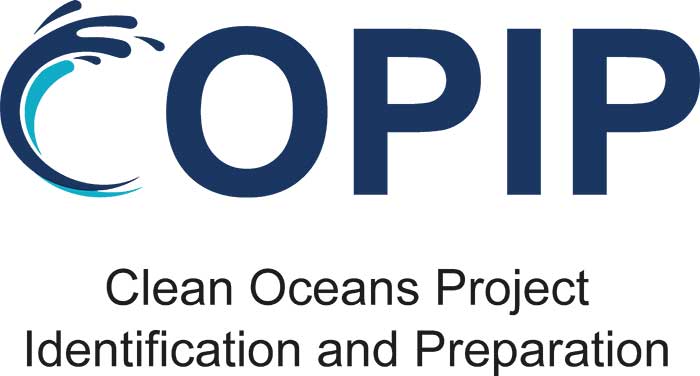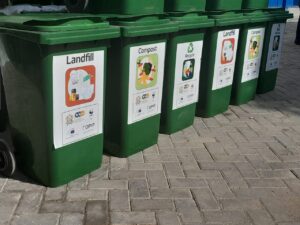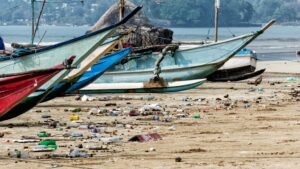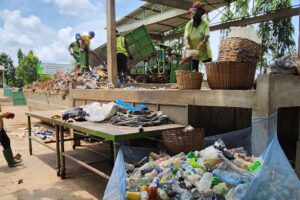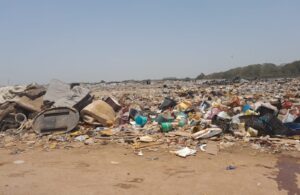Climate change problem
The African continent plays a vital role in climate change mitigation and adaptation. This year, Kenya will host the African Climate Action Summit (4–6 September), bringing together key industry players and leaders to chart how to achieve the key goals of the Paris Agreement and build momentum ahead of the UN Climate Change Conference, COP 28, in Dubai (November–December 2023).
A closer look into Africa’s focus and policies on climate change shows significant emphasis on adaptation. However, achieving adaptation goals remains challenging due to the limited capacity and financial resources to invest in sectors like municipal solid waste management. In addition, greenhouse gas emissions from the solid waste sector are not well quantified in the region.
A National Oceanic and Atmospheric Administration report showed that the annual greenhouse gas index in 2021 was 1.49 – indicating a 49% rise in the warming influence of human-induced greenhouse gas emissions compared to 1990. Carbon dioxide accounted for most of the total heating imbalance, closely followed by methane. Africa’s mean annual temperature increased by 1.7°C in the last two decades, and experts warn that the temperatures will likely increase faster than the global average over the previous two decades.
Municipal solid waste contribution to greenhouse gas emissions
The most prevalent greenhouse gas emitted by the waste sector is methane, a potent greenhouse gas, at least 28 times more effective than carbon dioxide at trapping atmospheric heat. Municipal solid waste is a significant emitter of methane in this sector and food loss and waste contribute significantly to greenhouse gas emissions.
Most governments in Africa are introducing measures to increase municipal solid waste collection efficiency and disposal in designated dumpsites, but still, collection efficiency is barely at 55%. Dumpsites are considered the cheapest and most common disposal method, but they adversely impact the environment through long-term greenhouse gas emissions. Landfills alone contribute between 3–5% of overall emissions. There is also a lost opportunity to capture methane emissions from municipal solid waste and use it as an energy resource.
In Africa, more than 90% of waste generated is disposed of at uncontrolled dumpsites and landfills, and about 19 of the world’s 50 biggest dumpsites are in Sub-Saharan Africa. In addition, most cities still rely on colonial urban planning with little improvement to collection systems, treatment and disposal. For example, many urban areas still operate open dumpsites established pre-independence.
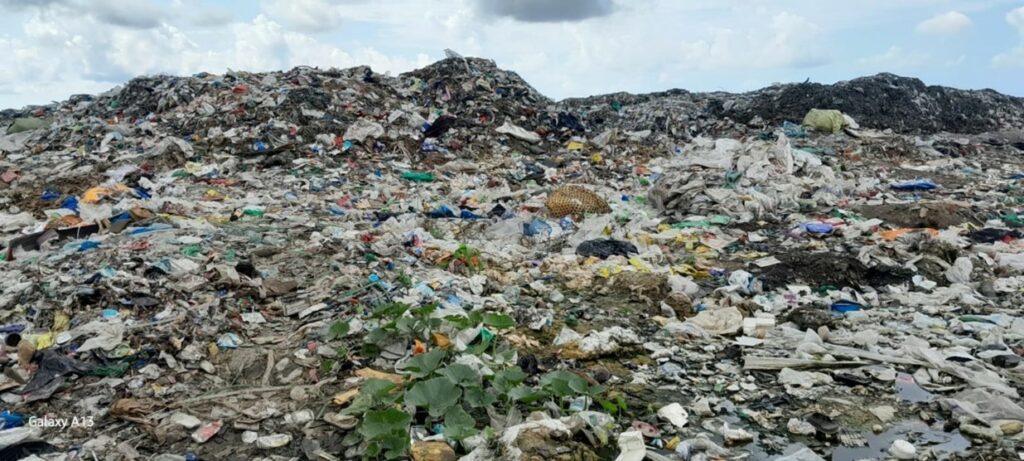
COPIP Programme as a solution
The price tag for climate action is large and supersedes the requirements to achieve Sustainable Development Goals. In this regard, the European Investment Bank and other financial institutions founded the Clean Ocean Initiative, which forms the basis and framework for the Clean Oceans Project Identification and Preparation programme (COPIP). The banks have committed to funding up to €4 billion until 2025 to support projects that contribute to the sustainable management of municipal solid waste and prevent the discharge of plastics into the ocean.
COPIP projects will have significant climate impacts from the transition from linear to circular solutions. According to the Africa Waste Outlook, diverting waste from dumpsites could inject an additional US$8 billion into the African economy yearly, generate socio-economic opportunities for the continent and minimise environmental and human health impacts associated with improper waste disposal. The COPIP programme largely aligns with high-level policy platforms, including the African Ministerial Conference on the Environment and the United Nations Environment Assembly.
